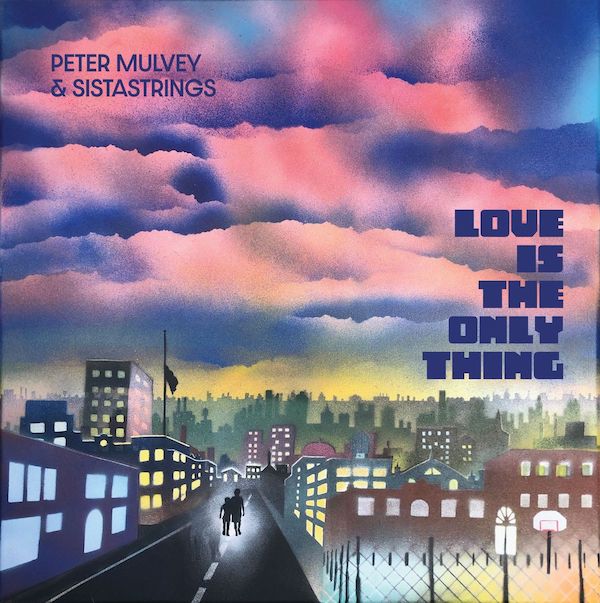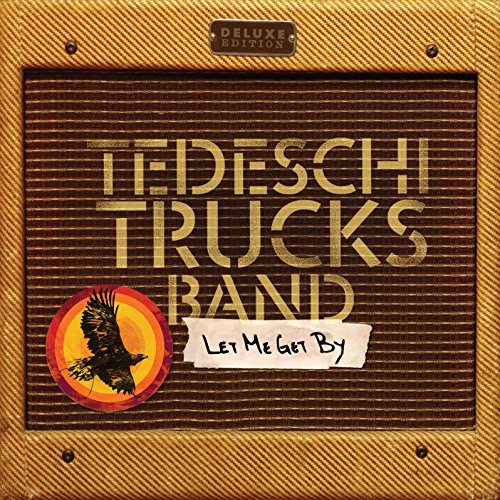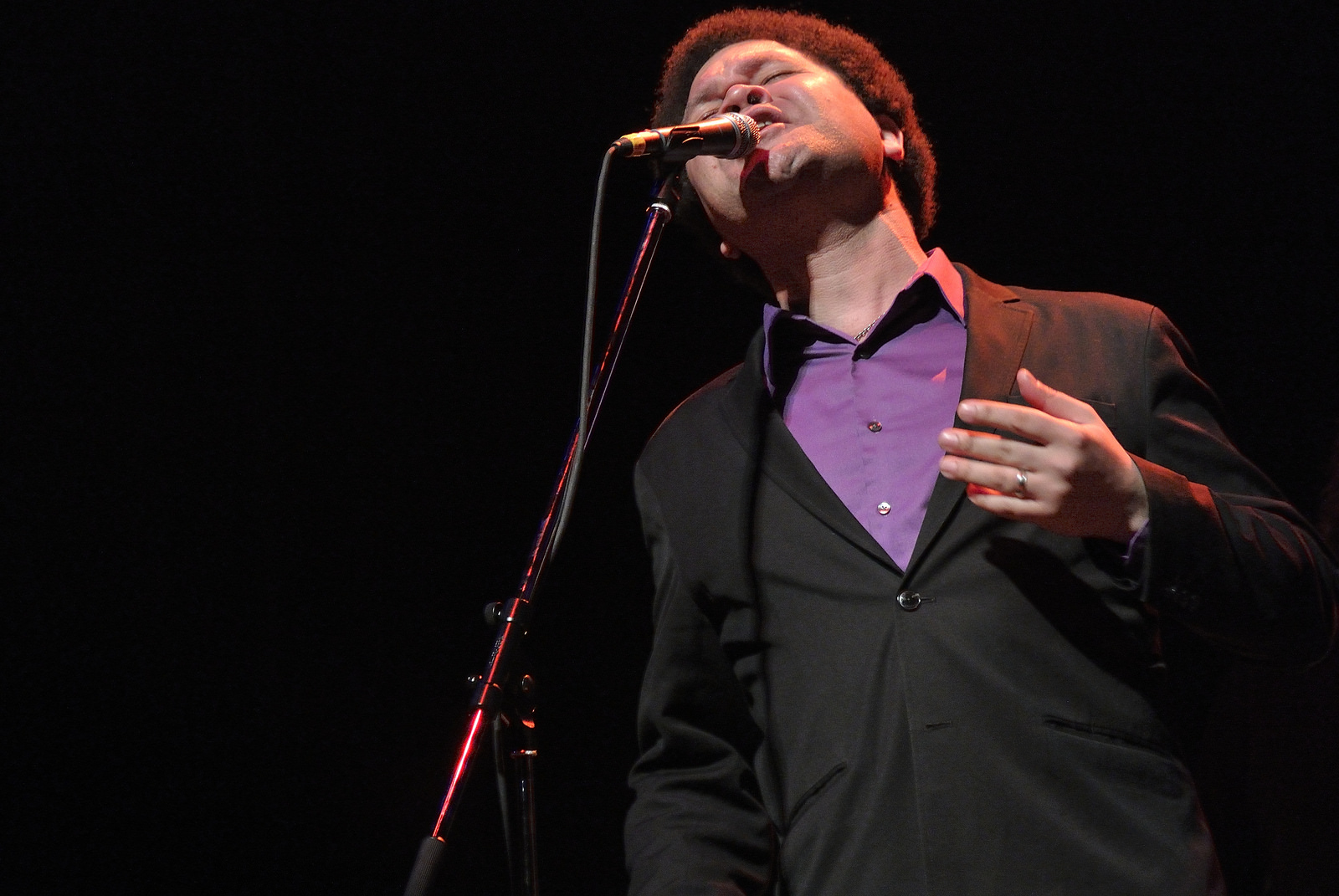
Book review: Folk Music, A Bob Dylan Biography in Seven Songs, by Greil Marcus, paperback, 2023, $18, hardcover, 2022, $27.50 Yale University Press.
Look ahoy, mariners!
For perhaps 200 years, The Humanities have sailed the crosscurrents to wisdom, enlightenment and progress. I take the oceanic view here on Greil Marcus because he’s long proven himself arguably our best writer when it comes to popular music, partly because of the breadth of this knowledge which expands the impressiveness of his depth of insight and interpretation.
Of course, interpretation is always debatable, yet Marcus invariably gives you plenty to chew on, and an imaginative and transporting voyage in the process. That’s why his recent book Folk Music: A Bob Dylan Biography in Seven Songs is so valuable and not to be missed. It was published recently in paperback, even though the prolific writer just published a short hardcover memoir.
And regarding at least related recent publications, Dylanophiles and pop music lovers should be onto the maestro’s own publishing masterwork to date The Philosophy of Modern Song, still only in hardcover as of this writing. Because that is Dylan writing prose (with admitted brilliance and range) about other people’s music it runs too far afield from this review’s focus, which is Dylan’s own songwriting.
Marcus has long understood that Dylan is our cultural lodestar if you can place that mantle on any given person. The singer-songwriter’s Nobel Peace Prize in Literature is an imprimatur because no other pop music figure, (read: mere songwriter) has ever won that award.

Bob Dylan the songwriter, pausing at the typewriter in the mid-1960s. The Criterion Collection
Yet anyone who has observed Dylan’s career would probably not vociferously dispute such accolades, especially if their own observation has been accompanied by those of Greil Marcus. Not that our man Friday has ever left Bob to his own Robinson Crusoe-like devices.
Invisible Republic: Bob Dylan’s Basement Tapes helped Marcus put his deep stamp on Dylan’s pathfinding,
Since then he’s also given us Like a Rolling Stone: Bob Dylan at the Crossroads (2005), and the collection Bob Dylan by Greil Marcus: Writings, 1968-2010 (2010).
This all came after his shot across the bow, the rainbow-like Mystery Train: Images of America in Rock ’n’ Roll Music in 1975. No less a rock savant than Bruce Springsteen said, “(Mystery Train) gets as close to the heart and soul of America and American music as the best of rock ‘n’ roll.”
In that book, though he didn’t dedicate a chapter to Dylan per se (The Band, “his” band crucially, did receive one), Bob was close to the most-referenced artist in the book’s index.
And to truly understand the range of Marcus’s perceptions, I highly recommend the anthology that he co-edited, the voluminous A New Literary History of America.
His own contributions to that book reach back at least to Moby-Dick, which earns him a lookout spot on the mainmast of my list of American cultural authorities.
By contrast, the comparative conciseness and range of Folk Music (239 pages of text) reveals how he’s understands a pop music readership while still challenging it.
Now, he at first undersells “Blowin’ in the Wind” as “kitsch,” then proceeds to write a long love letter, acknowledging the song’s many suitors.
However: “in Dylan’s performance, a quick measured strumming from his guitar suspends the song in the circle of its own melody in the moment it begins. Across four minutes the feeling is unearthly, a hum seems to have been in the air of history: the sound of bodies going back to dust, the hum of thousands of insects bringing people who once lived into the earth, a humming snatched out of that air and forced to hold still.”
A bit grand perhaps, but Marcus’s own poetry strives to capture the song’s, with space and specificity. And notice how he acknowledges Dylan’s instrumental prowess, which is rarely done.
He goes on: “It is one of the most powerful, early manifestations of the quality that the defines Dylan’s music in its most uncanny moments throughout his life’s work, the quality of empathy. ‘I can see myself and others’: Here he sees himself in others and more than that disappears into them…
The fictional character he has created in the performance is still living the story out. History exists only in the future, when the story can be told out loud.”
The poet Joshua Clover summed up: “a figure on the order of Picasso or Stein – sui generis, seeming to lift the entire field onto his shoulders with heroic insouciance.”
“Heroic insouciance” sounds like Dylan through and through.
“How many roads must a man walk down/
before he is called a man?
…And how many times must the cannonballs fly/
before they are forever banned?
The answer, my friend, is blowing in the wind…”
The line “before he is called a man” is taken to heart by many African-Americans, as Mavis Staples claims, she who young Bob Dylan had once fallen in love with.
In this fulsome chapter, as in others, Marcus characteristically sees the song pointing to a pathway only he perhaps can see to other songs, but he lets us see it too. In certain instances even Dylan himself might be astonished by the ideas, but without necessarily discounting them.
Indeed, in “The Lonesome Death of Hattie Carroll” Dylan effortlessly raises a long forgotten Black hotel worker to mythic status.
A man named William Zantzinger murders her in cold blood for no apparent reason. A clear hate crime as he brands her a n—–. “Having reduced the charge to manslaughter, the judge remanded Zantzinger, an aristocratic tobacco farmer, just to the county date jail, delaying this time until after the fall, so that he can oversee the harvest of his crop.”
“I wrote “Hattie Carroll in a small notebook, in a restaurant on seventh Avenue,” Dylan said in 1985. “I felt I had a lot in common with the situation and was able to manifest my feelings.”
And you who philosophize disgrace/ and criticize all fears/
take the rag away from your face/now ain’t the time for your tears”
“We listened in complete silence, as if we were holding our breath, as if we didn’t know how the tragedy would conclude –
in the courtroom of honor, the judge pounded his gavel
to show that all is equal and the courts are on the level…
and he spoke through his cloak, was deep and distinguished
and he handed out strongly, for penalty and repentance,
William Zantzinger with a six-month sentence –
“When you listen, it’s as if the singer can barely expel the last word. It breaks and stumbles in his mouth, as if he will never not be shocked”
“Bury the rag deep in your face/ Now’s the time for your tears.” The song’s last chorus ended, but for power and dominion as those qualities gathered in the music, in the air, and public square they didn’t touch the tone of voice on the last four words of the last verse.”
Perhaps debatable, but here Marcus acknowledges another underappreciated quality: Dylan’s typically roughhewn singing, almost always a marriage of voice and song.
These two chapters — on ”Blowin’” and “Hattie” — are marvels of extended interpretation, almost worth the price of the book.
He his far more concise in his discussion of “The Times They are a Changin’ ” Such a fearless interpreter may have felt that all the 1964 song’s history had said its peace as much as he could, even if that would fully stop him, though he says “The Times they are Changin’” felt obvious, in the 1960s. Fair enough.
But now he takes the “Changin”” story to where one might hope he would: to January 6 2021.

Trump supporters swarm police in the infamous January 6, 2021 riot at the Capitol. Roberto Schmidt/Getty Images
“By then ‘The Times’ didn’t seem obvious, and history exposed how vulnerable it really was. The people flooding to the Capital, smearing feces on the marble, hoisting Confederate flags as John Calhoun and Charles Sumner looked down from the walls, smashing into the Senate chamber, beating police to the ground and kicking them where they lay, weren’t chanting ‘Come senators, congressmen, please heed the call…’
“But they could have been. Instead they sang ‘Old Dan Tucker’ shouting get out of the way you fucking n—– at Black capital policemen – They’re saying: Trump is our rightful president. Nobody voted for Biden,’ ”
***
The placing of the author’s own name in the 2010 collection astride Dylan himself, suggests Marcus’s ego billowing in the wind.
So, not every word or thought here is golden. Full disclosure: At times I resorted to a bit of skimming, especially in his elaborations on “Ain’t Talkin,” a relatively obscure song from Modern Times, one of the longest chapters. What’s worthwhile buried within the essay is Marcus’ oddly-placed discussion of “A Hard Rain’s A-Gonna Fall” — an astonishing masterpiece from 1962 — a litany of surreal poetic imagery. The singer is a cold-eyed witness: “I saw a black branch with blood that kept drippin’/ I saw a roomful of men with their hammers a bleedin’. The song foreshadows the Cuban Missle Crisis — when the world almost errrupted into it’s first nuclear world war — and seemed an inside-out view of the zeitgeist, “my first three-dimensional song” as Dylan told Studs Terkel. But this author, for all his cultural erudition, never comes close to persuading that “Ain’t Takin'” is comparable in any way. He even meanders through comments on the old Black folksong “Old Dan Tucker,” which perhaps he now regrets, given its bastardized appropriation at the January 6 riot.
Consider the book’s frontispiece, the photo below of Dylan and James Baldwin, which helps to underscore Dylan’s prominence as a comparable spokesperson for Civil Rights in the era, as much as Dylan disliked the role, per se.

Bob Dylan and writer James Baldwin on the occasion of Dylan receiving the Thomas Paine Award at the Emergency Civil Liberties Committee dinner celebrating the 172nd annivesary of the ratification of the Bill of Rights, Dec. 12, 1963. Photo by Ted Russell/Polaris
And Marcus devotes only ten pages to “The Times They Are a Changin’” and ten more to 1965’s “Desolation Row,” Dylan’s cinematically vivid yet metaphorical tracking through the lowliest sufferers, with its lacerating opening line: “They’re selling postcards of the hanging.”
Marcus does get into the meat of that line’s historic legacy. Dylan was alluding to a lynching of three Black circus workers in Duluth, Minn. in 1920, accused of raping a white woman, without evidence (she passed out during the alleged attack). A fourth “rapist,” Max Mason, was imprisoned until he died in 1942. Gov. Tim Walz granted Mason the state’s first posthumous pardon in 2020, on the grounds that no rape took place.
Marcus also quotes Joshua Clover, who wrote in 2021, “Even if ‘Desolation Row’ is not his greatest song (I might make the case for 4-5 others, depending on the year) it’s where the bodies are buried.” This is great reporting but followed by some provocative speculative comment about Dylan’s grandfather, and father. Did they attend the hanging?
Ah, but perhaps Marcus wanted to devote more attention to more recent Dylan, and threw a curveball in the process, and Bob “ain’t talkin'” as has often been the case. After all, how many readers under the age of 35 think all this ancient stuff is just blowin’ in the wind?
And yet, lookout for another curveball, slow and junk-filled! We also get 46 pages on “Jim Jones.” Instead of a song about the notorious cult suicide murderer, this “Jim Jones” is about a musty old folk hero/mariner from days of yore, for what reasons as a choice I know not.
I think “Shelter from the Storm” or “Lily, Rosemary & The Jack Of Hearts” or “Tangled Up in Blue,” from the mid-career summit Blood on the Tracks might’ve been better choices than “Jim Jones” or “Ain’t Talkin’.”

“Blood on the Tracks” album cover
I hope Marcus would welcome suggestions like mine, to temper his drama-queen impulses and idiosyncracies, although he could easily claim Dylan his “co-conspirator.” With a writer this good (think of both writers), you can live with some of that.
He finally leaves us swimming in 12 pages of iconic presidential blood in “Murder Most Foul” from 2020, In that final chapter, Marcus takes extended measure of the recent Dylan song that meditates on John F. Kennedy’s assassination. Again, the event may be mere historical rhetoric to some, especially those many born long after it transpired. But Marcus helps us see how Dylan escorts its resonances down through history, even as its subject remains crucified on the grassy knoll in Dallas in 1963.
History is the most elusive of mistresses and yet we continue to pursue her siren song or just turn away and misunderstand it, often to our downfall, for her ghost fingers so often point to illumination.
And truth told, at first reading of the chapter, I felt Marcus was overcome or daunted by the historical moment. In a second reading I finally realized he had, in quotation, aligned with an eloquent review of the pioneering bluegrass group The Carter Family’s ‘Mid the Green Fields of Virginia collection — as an oblique yet apt summation of “Murder.”
It was written by John Pankake and Paul Nelson, coeditors of the 1960s folk music publication Little Sandy Review.
The editors wrote: “Certainly the Carter family intuitively understood and magnificently expressed in their songs and messages what has taken the sociologists and historians decades of thoughts to discover: that we are a nation of outcasts from Western civilization, doomed to forever devour then plunder the land we cannot cherish, to dream of fathers and kings and to love guiltily in the night. The hopeful falsehoods of our ’official’ art pale before the nightmare of our folk art, and though it speaks its truths in absurd sentimentality to balm with self-pitying tears the pain of a direct confrontation.
“Like the Carter family longing for the green fields of home, we may share these songs of lost innocence, but neither the sharing nor the innocence is the essential experience we see. It is, rather, the longing itself.”
Pankake further reflects “the more sentimental of us have difficulty facing the knowledge that when these singers are gone, they shall have taken a part of America with them, and their kind will never be seen on the face the earth again.”
It seems that sentiment of finality still abides John F. Kennedy’s martyr-like demise. May we live to honor another morning soon, of one brief, shining moment, that burns beyond the last blowin’ wind.
___________________________


 Singer-songwriter Peter Mulvey (center) is touring with SistaStrings (Monique Ross, cello, and Chauntee Ross, violin) and drummer Nathan Kilen. Courtesy The Bluegrass Situation
Singer-songwriter Peter Mulvey (center) is touring with SistaStrings (Monique Ross, cello, and Chauntee Ross, violin) and drummer Nathan Kilen. Courtesy The Bluegrass Situation





